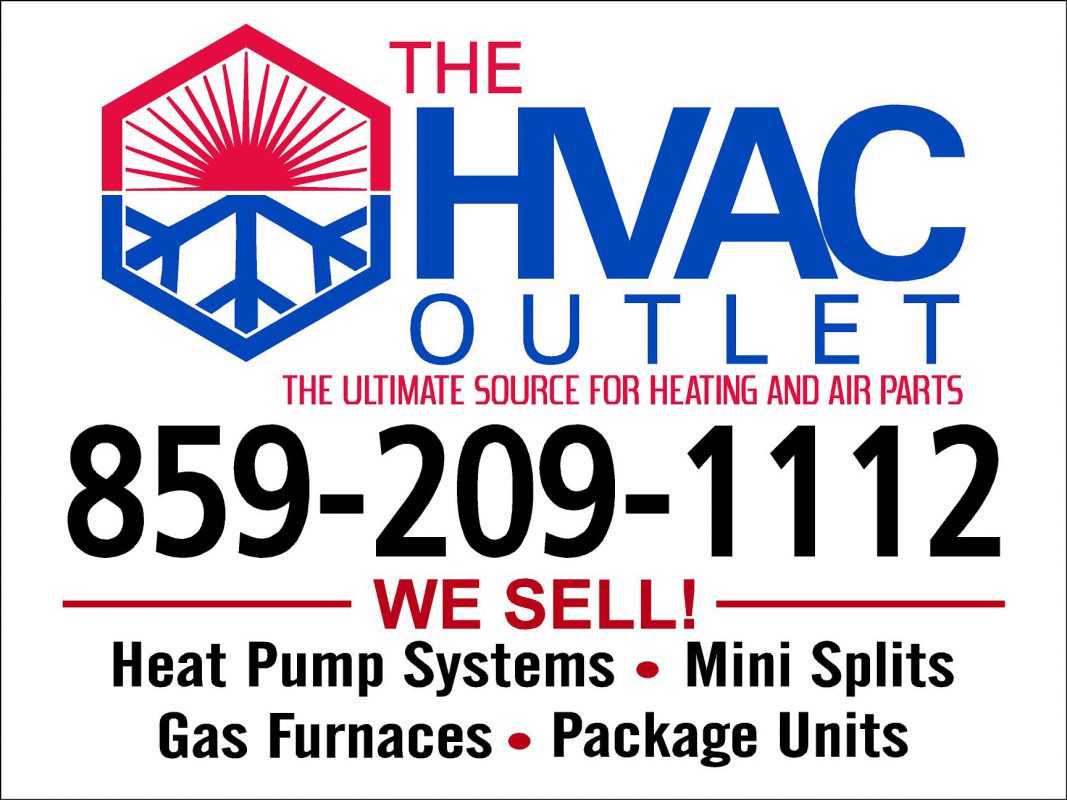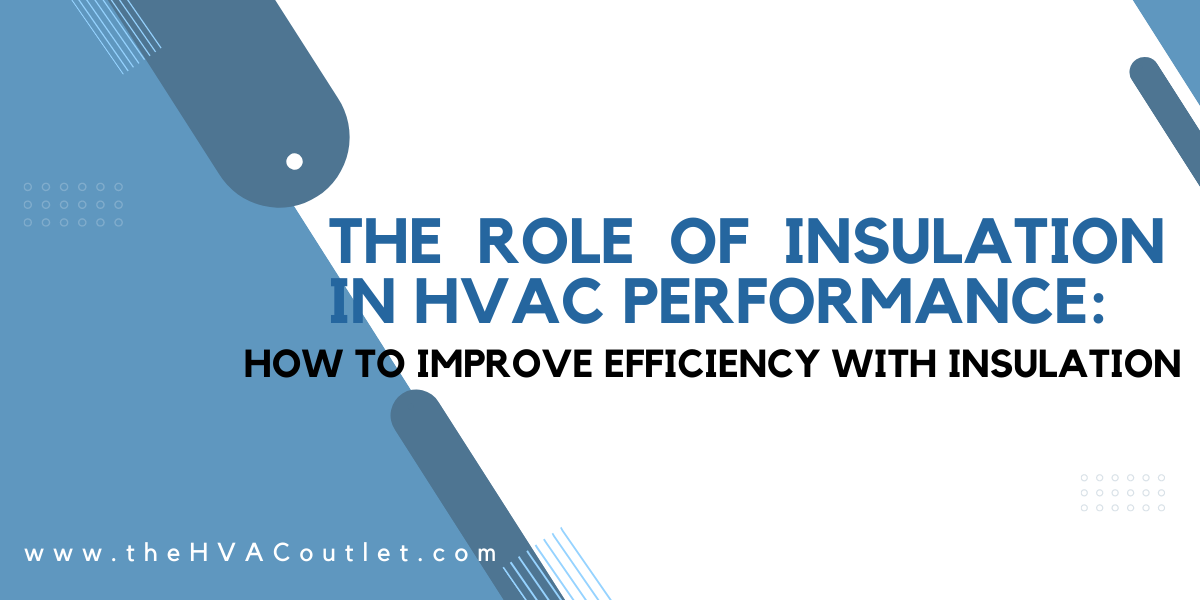Blog
Insulation in HVAC Performance: Efficiency with Insulation
If you are looking to improve the energy efficiency of your HVAC system, you may want to consider the role of insulation. Insulation is a key factor in the performance of your HVAC system, and improving it can help you save energy, reduce your utility bills, and create a more comfortable living space. In this blog post, we’ll explore the role of insulation in HVAC performance and share tips on how to improve efficiency with insulation.
Why Insulation Matters
Insulation helps to regulate the temperature of your home by preventing the transfer of heat between the inside and outside. In the summer, it keeps hot air out, and in the winter, it keeps warm air in. This makes insulation a critical component of your home’s energy efficiency and comfort. Without proper insulation, your HVAC system will have to work harder to maintain a comfortable temperature, leading to higher energy bills and potential HVAC system breakdowns.
How Insulation Affects HVAC Efficiency
Insulation affects HVAC efficiency in several ways. Firstly, it helps to reduce the load on your HVAC system by preventing heat transfer. When your home is properly insulated, your HVAC system can more easily maintain the desired temperature, without having to work harder. Secondly, insulation can help to reduce the amount of time your HVAC system needs to run, further improving energy efficiency. Lastly, insulation can help to reduce the risk of damage to your HVAC system, by preventing the buildup of moisture and condensation.
Types of Insulation
There are several types of insulation to consider when upgrading your home’s energy efficiency. These include:
- Batt insulation – this type of insulation is made from fiberglass and is commonly used in walls and ceilings.
- Spray foam insulation – this type of insulation is sprayed onto walls and ceilings and expands to fill gaps and cracks.
- Blown-in insulation – this type of insulation is blown into walls and attics and can be made from materials such as cellulose, fiberglass, or mineral wool.
- Radiant barrier insulation – this type of insulation is installed in attics and reflects heat back into the home, helping to keep it cooler in the summer.
When choosing insulation for your home, consider factors such as R-value (the measure of insulation’s resistance to heat flow), durability, and environmental impact.
Insulation and HVAC Maintenance
In addition to upgrading your insulation, regular HVAC maintenance is also critical for maintaining energy efficiency and prolonging the lifespan of your HVAC system. Some common HVAC maintenance tasks include cleaning or replacing air filters, checking refrigerant levels, and inspecting ductwork for leaks or damage. By combining proper insulation and regular maintenance, you can improve the performance of your HVAC system and enjoy a more comfortable, energy-efficient home.
Insulation is a critical component of your home’s energy efficiency and comfort. By reducing heat transfer, insulation helps your HVAC system work more efficiently, reducing energy bills and prolonging the lifespan of your system. Whether you are building a new home or upgrading an existing one, it’s important to consider insulation as part of your HVAC strategy. By choosing the right type of insulation and staying on top of regular HVAC maintenance, you can create a more comfortable and energy-efficient living space.
Proud distributor of MRCOOL


